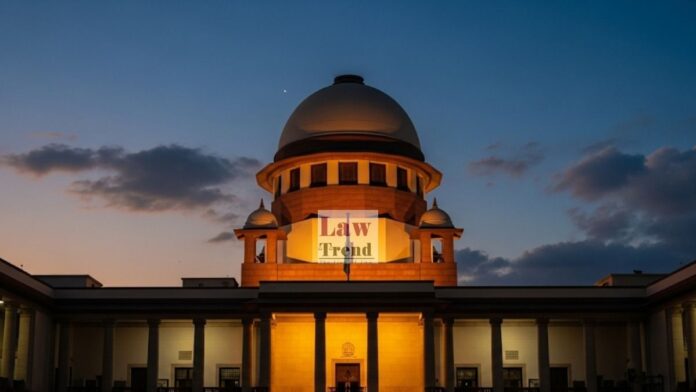The Supreme Court of India, in a judgment delivered on September 18, 2025, has ruled that releasing seized case property (muddamal), specifically a cash amount of Rs. 50,00,000, was “unjustified and premature” when ownership of the money is a matter of evidence to be decided at trial. A bench comprising Justice Sanjay Karol and Justice
To Read More Please Subscribe to VIP Membership for Unlimited Access to All the Articles, Download Available Copies of Judgments/Order, Acess to Central/State Bare Acts, Advertisement Free Content, Access to More than 4000 Legal Drafts( Readymade Editable Formats of Suits, Petitions, Writs, Legal Notices, Divorce Petitions, 138 Notices, Bail Applications etc.) in Hindi and English.




